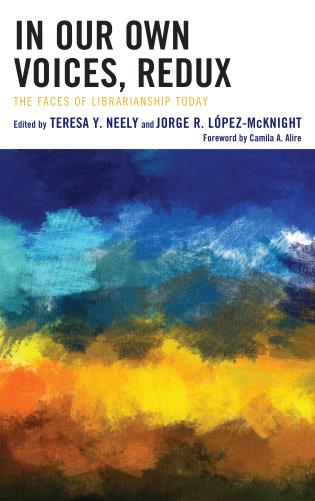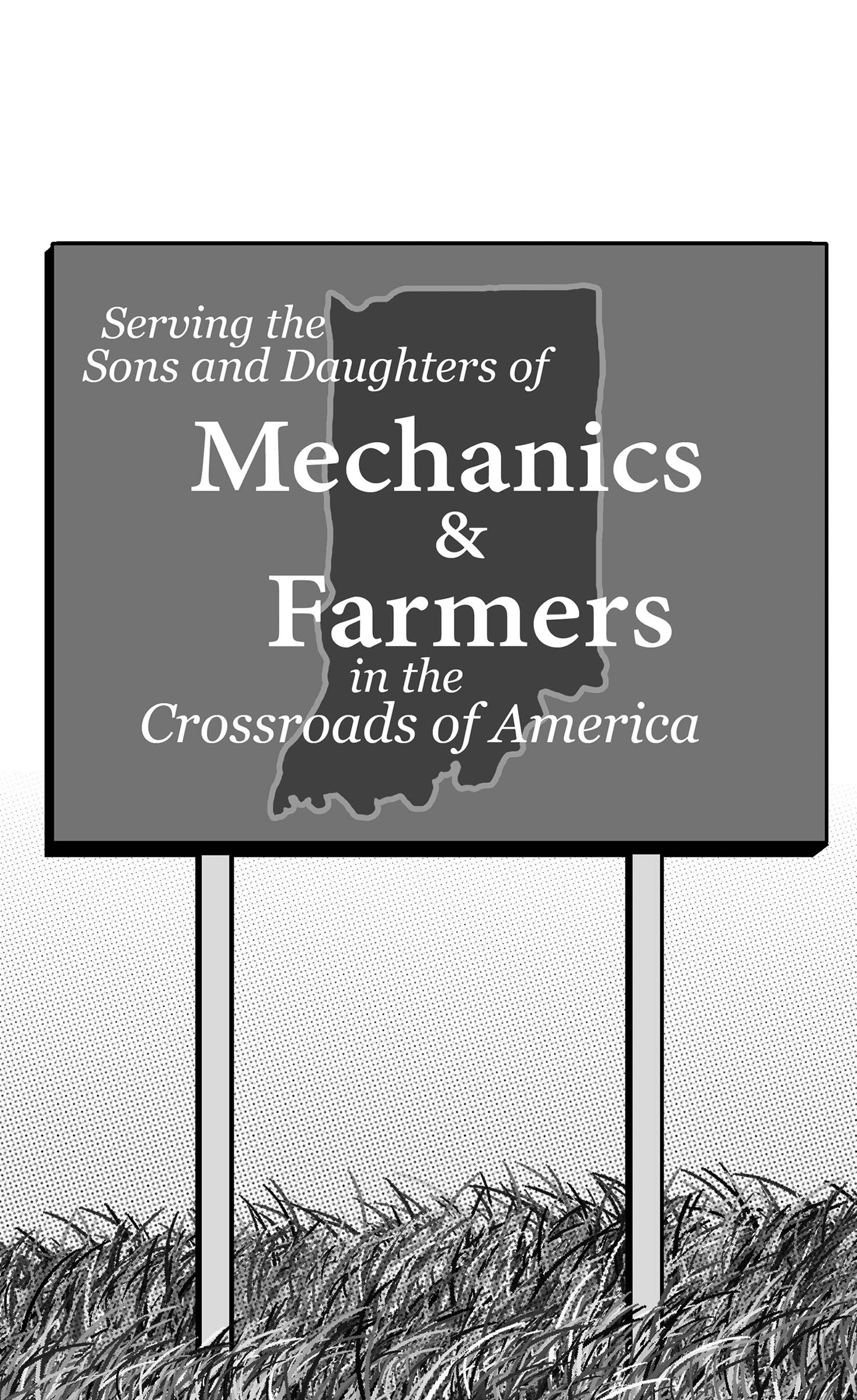In the 20-year reboot of Neely and Abif’s 1996 In Our Own Voices, fifteen of the original contributors revisit their stories alongside the fifteen new voices that have been added. This Collective represents a wide range of life and library experiences, gender fluidities, sexualities, races, and other visible, and invisible identities.
In addition to reflections on lives and experiences since the 1996 volume, chapters cover the representation of librarians of color in the profession at large, and more specifically, those among them who are still the “only one”; the specter of “us serving them—still;” and migrations from libraries to other information providing professions. These authors reflect on their careers and lives in libraries and other school and workplace settings, as activists, administrators, archivists, library students and information professionals. They share stories of personal and professional abuse, attempts to find and secure gainful employment, navigating the profession, and how they overcame decades of normalized discrimination to complete their educational and career pursuits. They write about the need for support systems, work-life balance, self-care, communities of support, and the importance of mentoring and being mentored. And above all, they persist, and continue to disrupt systems.
These essays are from contributors from a variety of libraries and library related environments, and provide answers to questions professionals new to LIS haven’t even asked yet. The inclusion of a new group of librarian his-, her-, and their-stories provides a voice for those currently finding their way through this profession. These essays bring honesty, vulnerability, authenticity, and impactfulness to the “diversity” conversation in libraries and beyond. And more importantly, these voices, from a variety of races, ethnicities, genders and sexualities, matter.
Chapter 17
Madelyn Shackelford Washington
I spent the first five years of my professional life as an academic librarian in south central Indiana. Not long after taking a position in a small liberal arts institution, it became evident that the development of an empathetic practice was essential to leading the way as an advocate for intellectual freedom among staunch conservatives. Crucial to living up this this professional commitment is the capacity to self-reflect while in the throws of (other people’s and your own) emotional, and irrational behavior. Rife with awkwardly hilarious, painful and powerful interactions, I captured my experience as an Obama-era academic librarian of color in daily journals. In the style of a personal memoir chapter, I shared a selection of primary source material–unpublished daily journal entries, emails, and social media posts –written between August 29, 2011 and August 23, 2016 that highlight some of my own social missteps (times when I found myself doing and saying things that caused pain, confusion, and disengagement with my service population) success stories and turning points that lead to the transformation of my professional self: from musician to librarian to musical activist.
Libraries World Wide
Highly recommended


Recent Comments